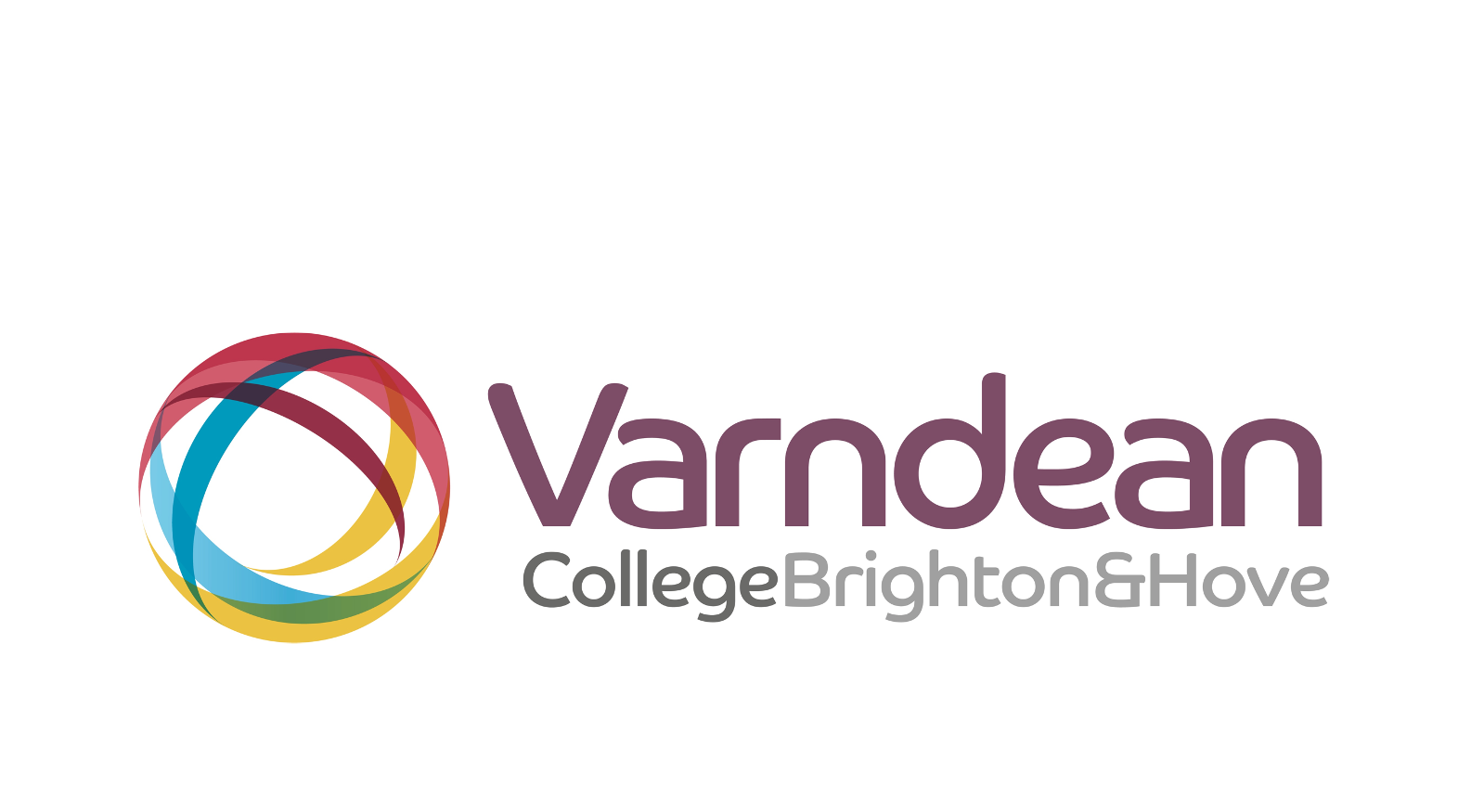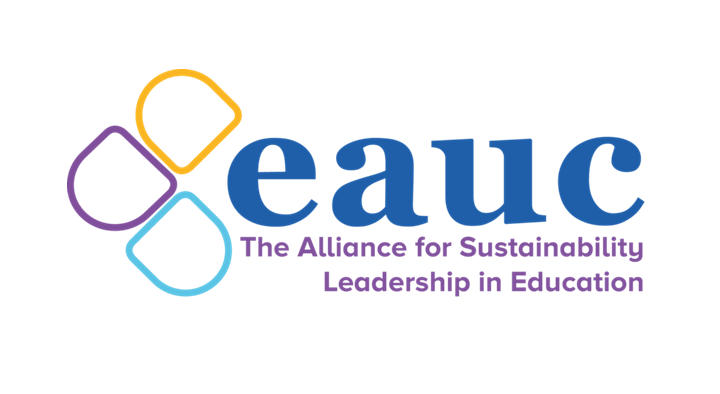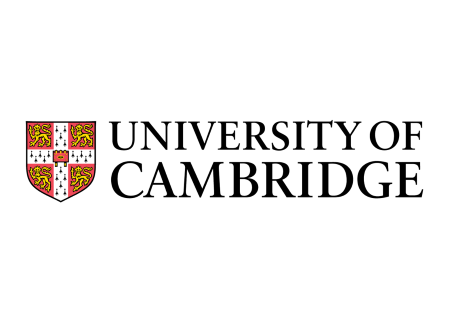Higher & Further Education
The Carbon Literacy Toolkit for Higher & Further Education
What is Carbon Literacy® for Higher & Further Education?
The Carbon Literacy Toolkit for Higher & Further Education contains a range of tools, courses and materials needed for delivering a day’s worth of Carbon Literacy training to staff and students in educational institutions. These materials have been developed by the education sector for the education sector and are designed for flexible delivery. The day’s worth of learning is suitable for online, in-person or hybrid delivery and can be segmented into smaller sessions. The materials educate staff, students and leadership about the climate crisis, whilst illustrating how they can all take significant actions within their roles to reduce carbon emissions, translating the learning into carbon-reducing action.
The Toolkits have been developed by our university partners, Manchester Metropolitan University and Nottingham Trent University and were funded by BEIS.

How Carbon Literacy can help your educational institution meet climate goals
Carbon Literacy actively supports the objectives of higher & further educational institutions in meeting their climate goals. This is achieved by engaging staff and students in the topic of climate change, whilst empowering them to take action. This fosters and nurtures a systemic cultural shift towards sustainability, ultimately resulting in decarbonisation and a low-carbon culture.
Carbon Literacy supports the overarching aims of education; preparing students for their future. This is accomplished by providing them with the green skills, knowledge and mindset that employers are increasingly seeking, and is illustrated with a widely recognised, externally verified qualification, used in over 7000 organisations.
Courses
Here you’ll find all of the courses and pathways within the Carbon Literacy Higher & Further Education Toolkit. To find out more about each course, click on the individual tiles below.
Key Questions
The Carbon Literacy Project will always be the assessing body for Carbon Literacy. However, we recommend trainers look over the evidence before submitting for assessment. You are welcome to give your learners additional assessment metrics.
Whilst the education toolkit materials are not subject specific, there are adaptations that can be made to enhance subject specificity. There is also the potential to use other Toolkits if suitable (though the costs may vary).
Students are able to facilitate or deliver training to other students or staff members, they just need to be effectively supported in doing so. We actively recommend using students as trainers!
You can use the materials, however, there are some additional conditions for using the materials depending on your location. Please contact us to find out more and how we can support you.
You are able to provide training to external organisations your organisation works with, which we actively encourage. However, you will need separate training materials to do this.
Learn more about this process by downloading our supporting document, Taking Carbon Literacy Out of the Classroom.
Whilst large organisations need to make significant changes, we all have a role to play in the climate crisis. By illustrating what we as individuals can do within our roles and contexts, we can play our part in greening our institutions and catalysing cultural change, whilst gaining a sense of agency and empowerment.
Higher & Further Education in Action

Dr Rachel Dunk: CL Catalyst
Learn about Dr Rachel Dunk's journey toward being honoured with the inaugural CL Catalyst Individual Award.

How can Uni's Speak Carbon?
Learn how Speak Carbon Collective helped Leeds University Business School roll out Carbon Literacy training.

Hear from EAUC learners
Learners from EAUC's Carbon Literacy course talk about why they took part and what they gained from CL training.

CLE Award Scheme
Delivering Carbon Literacy in Education? You can become accredited via the CLE accreditation scheme.
Key Delivery Partners









Attending the interactive workshop not only made me aware of the impacts of my daily actions on the environment but helped me gain insight on how to evaluate the impacts businesses make on the climate. It also distinguishes me from other students when I apply for jobs.
Ayma Kazmi, Student at Manchester Met University
"Very useful [training] and absolutely necessary in order to make changes both individually and at the institution."
Anna Arveschoug-Harby, Global Partnership Unit Program Administrator at Manchester Met University
“Carbon Literacy has been a catalyst for necessary carbon conversations and positive behavioural changes”
Sasha Beswick, Barnsley College
Becoming a Carbon Literacy Trainer has been one of the most rewarding experiences during my time at Manchester Metropolitan University, and one of the best opportunities for progressing my aspirations for a career in sustainability.
Helen Filby, Manchester Met University – CLT
The Carbon Literacy course has stirred passion within me and has added purpose to how I live. I believe if more people were educated on this subject, the more positive changes and community support we will see
Nikita Star, Student at Manchester Met University
“Carbon Literacy has provided a good balance of the basics of climate change and action needed to make relevant changes in our organisation.”
Sasha Beswick, Barnsley College
"It is really worth attending [the training], both personally and professionally - you can make a difference!"
Sherry Clift, Programme Administrator at Manchester Met University
“Before I became Carbon Literate, I thought I was doing as much as I could to make my climate impact as minimal as possible. After I attended training, I realised I was only touching the surface and that everything I do has an environmental impact, which I now consider daily.”
Anna Romachney, Student Trainer at Man Met University
Request a Course
To request one or more of the available courses for Education, please send us an email at [email protected] for Further and Higher Education enquiries, and [email protected] for Schools enquiries. When contacting, please include the following information:
- The name of your educational setting
- Your role and department
- Any courses you are interested in
- What you would like to do with the course(s)




